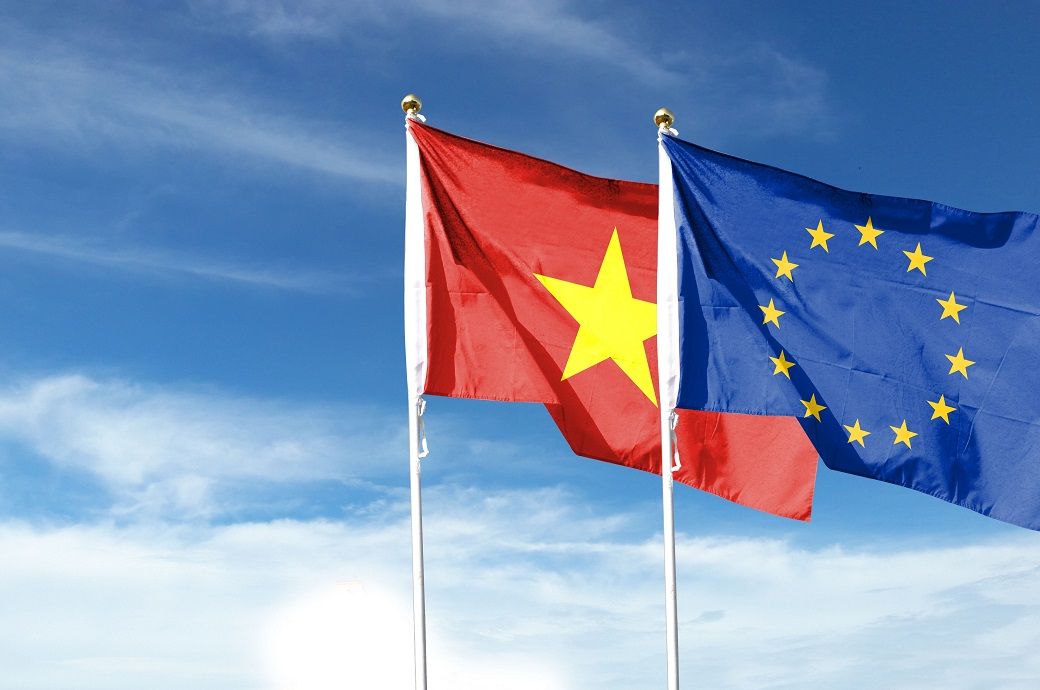
The EU and countries like France, Germany and the Netherlands have enacted or proposed laws requiring large firms to identify, prevent and remedy human rights and environmental risks across their global supply chains.
Hence, Vietnamese suppliers offering raw materials, manufacturing, processing or logistics services may come under closer scrutiny.
While these regulations primarily apply to large companies, their effects extend to all participants in the supply chains of those companies irrespective of size, VCCI deputy secretary general Dau Anh Tuan said.
“To maintain existing contracts and secure new export orders from major European partners, Vietnamese enterprises must understand and cooperate closely with those partners to comply with these legal requirements,” he was quoted as saying by a domestic media outlet.
A recent VCCI survey revealed that 59.3 per cent of Vietnamese exporters to the EU had never heard of supply chain due diligence regulations, while another 36.6 per cent had heard of them, but did not understand the content. Only a small proportion had a clear and accurate grasp of what the EU and member states now require.
Affected suppliers will need to demonstrate compliance with strict standards on human rights, labour conditions and environmental protection. Beyond basic legal compliance, they must also show proactive measures to prevent and mitigate risks, not merely respond after violations occur.
ALCHEMPro News Desk (DS)
Receive daily prices and market insights straight to your inbox. Subscribe to AlchemPro Weekly!